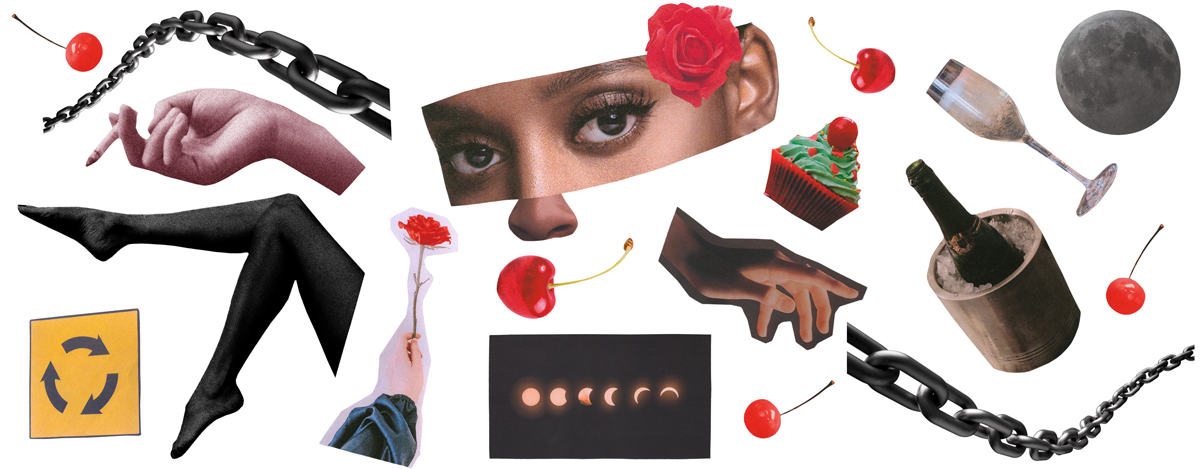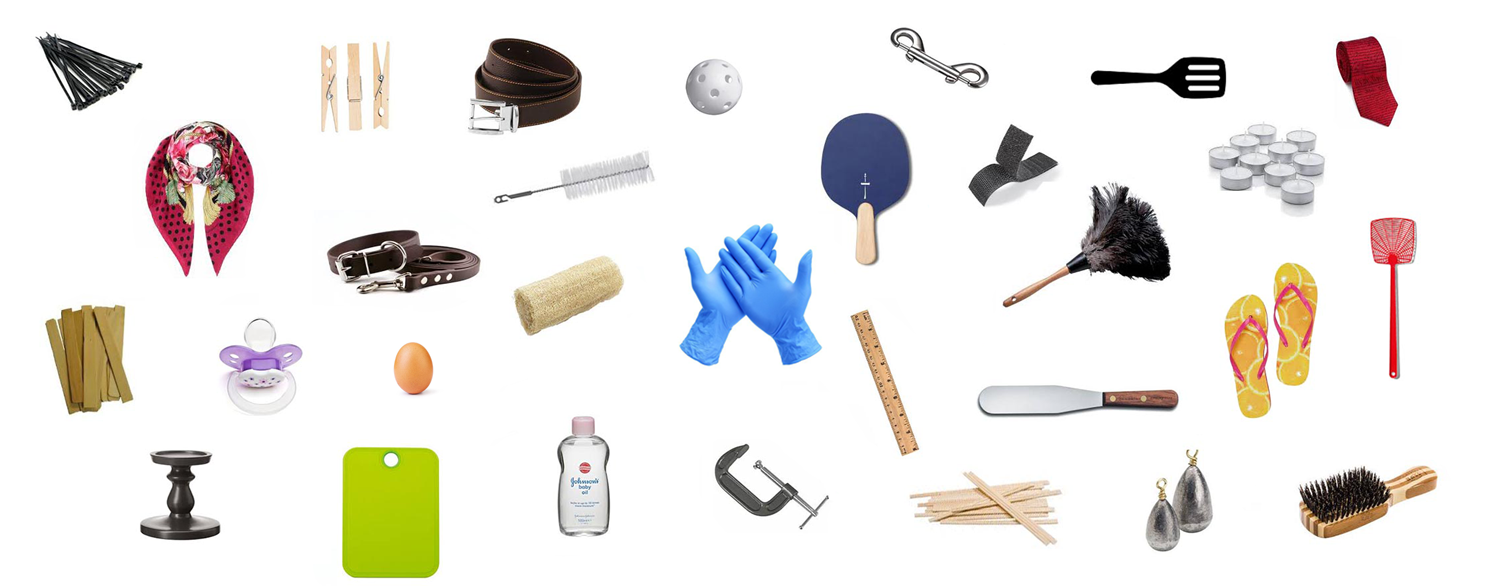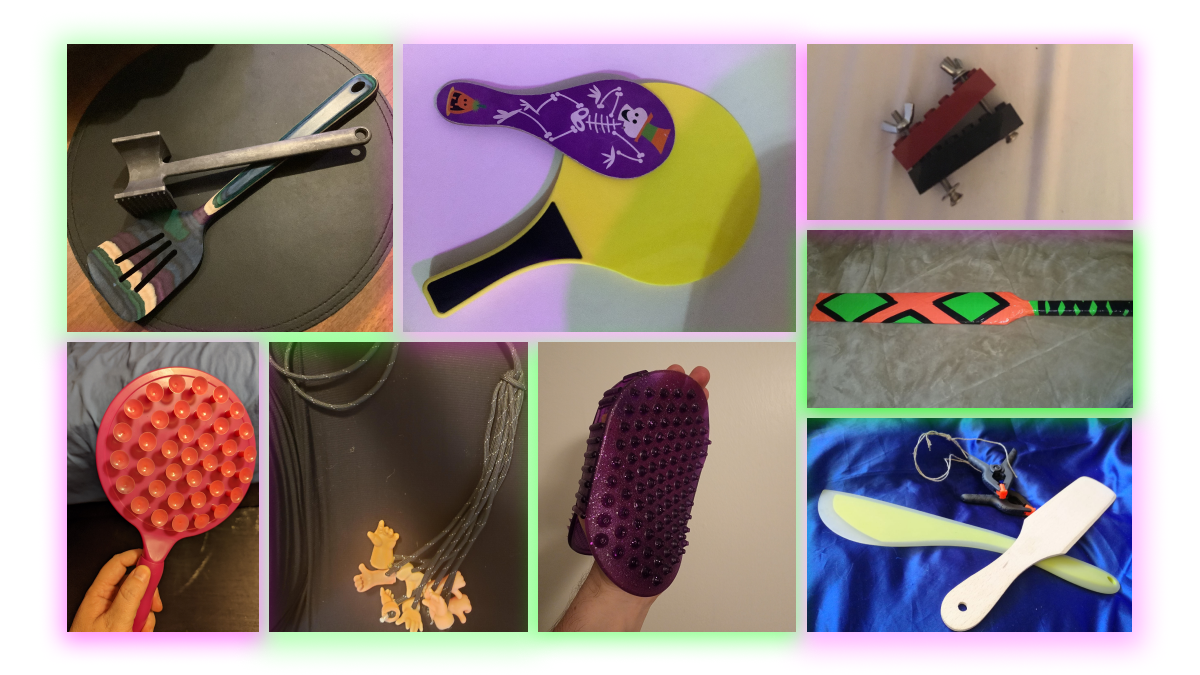👍🏽 Stresses the Importance of Prioritizing Sex & Intimacy
The true beauty of this show, and what kept me coming back for more, is the emphasis on prioritizing pleasure. Melanie Rose continually stresses the importance of creating a space where sexuality, sensuality, and intimacy are the focus and are free to be explored. Most of the couples on the show revealed that intimacy and sex had become less important or nonexistent in their relationships.
The couples ask Melanie to help them build a sex room because they want to work on their sex lives and make it a priority again. Melanie not only encourages them to focus on intimacy but also creates beautiful spaces where that can happen. One couple even tearfully thanked her at the end for saving their marriage. This stresses just how vital sex and intimacy can be in relationships and the value of nourishing them.
Seeing a show telling its audience of millions, “Hey! Prioritize your pleasure!” is truly refreshing. That’s a big plus for How To Build a Sex Room in my book.
👍🏽 Features a Diverse Cast
This show gave us lots of representation and visibility which was amazing to see! Among the design client guests were a polyamorous family, a queer couple, a gay couple, a Black couple, an interracial couple, a lesbian couple, and a single woman in her fifties. Seeing such a variety of relationship types, curiosities, and humans helps viewers feel more connected to the show and to the guest’s experiences. This highlights the vital message that pleasure, intimacy, and sexuality are for everyone and anyone.
👍🏽 Kinks & Fetishes in the Spotlight
How To Build a Sex Room focused on often stigmatized kinks including watersports, voyeurism, power exchange, impact, electric play, sadomasochism, and shibari.
Featuring individuals with a true love for BDSM helps normalize desires many people secretly have but feel are too taboo to talk about. It put a huge smile on my face seeing a woman on the show speak openly about her love for golden showers and getting messy. Her sex room even had a drain in the floor so she could continue exploring this kink! For those curious about taboo kinks, the open-mindedness in this series may be the gentle push they need to overcome sexual shame and start exploring.
As an educator, it warmed my heart to see this kinky representation knowing it will reach those scared to try new things due to stigma. There’s nothing better than living your authentic kinky life and encouraging others to do so!
👍🏽 Reminds Us That Sex & Kink Are on a Spectrum
In one of the episodes, Melanie Rose says, “Sex rooms are for everyone!” I couldn’t agree more!
This show features couples wishing for a space dedicated to intimate connection as well as those wanting a full-fledged dungeon, and everywhere in between. Viewers got to experience a variety of rooms and spaces for many different types of couples and their interests. I really loved that they found such a diverse range of people, sexual interests, preferences, and fantasies. Everyone’s story was uniquely their own. Sexuality truly is a big spectrum; it’s unique from person to person and relationship to relationship. Seeing that portrayed on the big screen was great!
Melanie showed us that no matter your sexual interests, preferences, or fantasies – from vanilla to kinky, you deserve a sex room.








